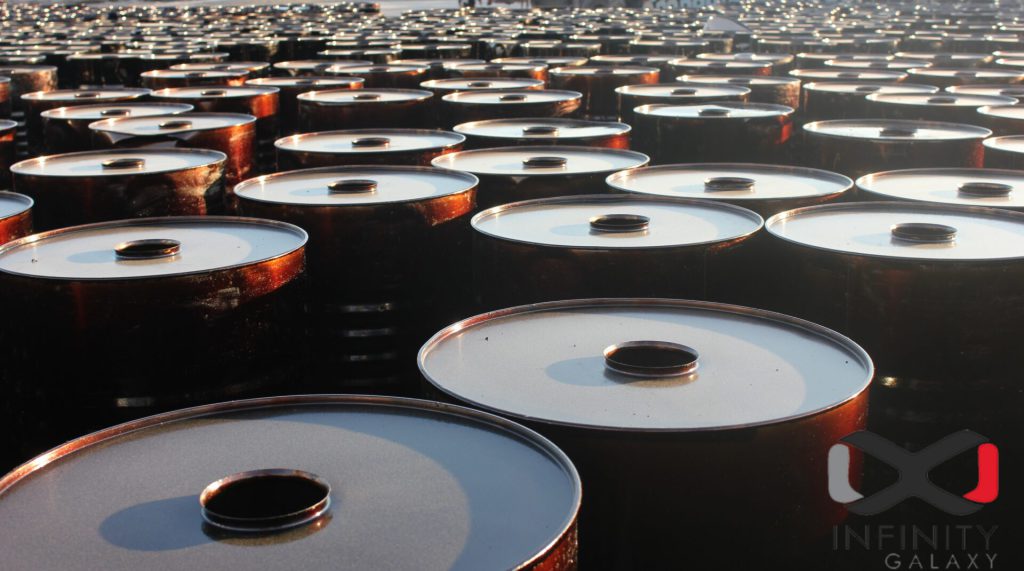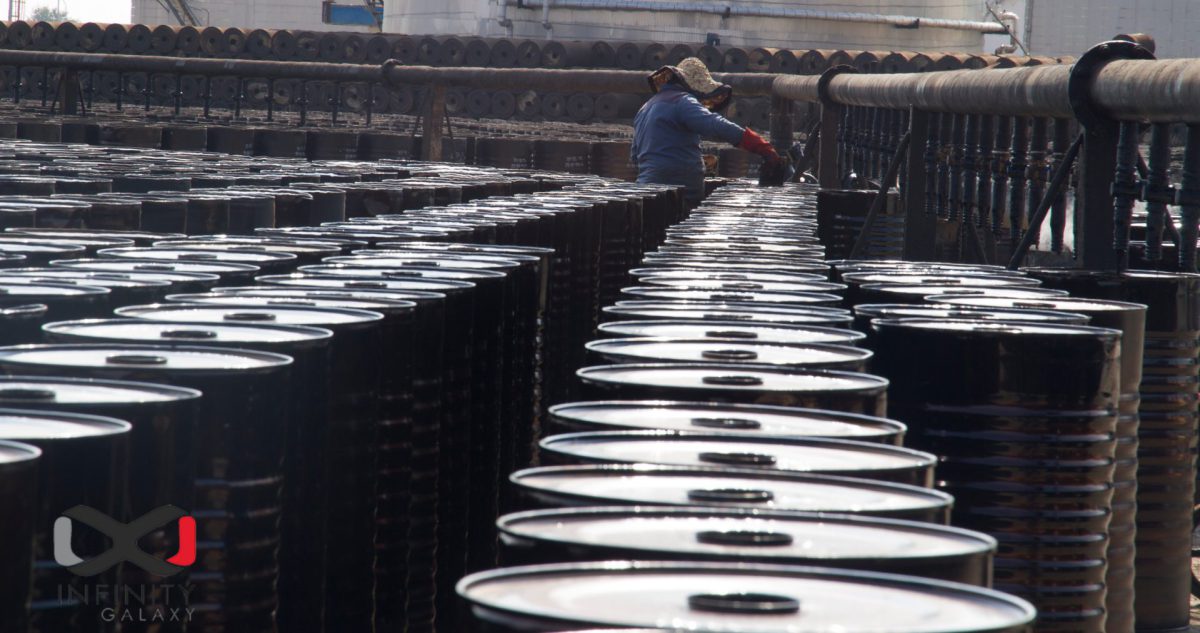Penetration Grade Bitumen 80/100
Bitumen Penetration 80/100 is a type of penetration grade bitumen which is used to make the hot mix asphalt for base course and surface course.
This type of bitumen is a soft bitumen which is suitable for cold climates. Bitumen 80/100 density is in the range 980 to 1050 kg/m³ at room temperature (0.98 to 1.05 g/cm³).
In the below, we have explained more details about bitumen penetration grade 80/100 that you can read about.
Bitumen Grade 80/100 Meaning
Bitumen grade 80/100 means that in the bitumen penetration test which is used to classify bitumen based on the penetration degree, when the needle sinks 8 to 10 mm in the bitumen, it means the penetration value is between 8 and 10 mm. This type of bitumen is called bitumen 80/100.
Bitumen 80/100 Production Process
The process of producing bitumen 80/100 is primarily done through air blowing, which involves blowing air at a constant temperature through the vacuum bottom to produce Asphaltene molecules and Ester molecules.
There exist different methods of air blowing to produce bitumen 80/100, including semi-blowing (batch and continuous) and fully air blowing. You can read the bitumen production process to know the details of bitumen 80/100 manufacturing.
All together bitumen 80/100 can be produced based on ASTM D 946 and AASHTO M 20 standards.
The specification of bitumen penetration 80/100 is dedicated in the table below:
| Bitumen Penetration Grade 80/100 Specifications | ||||
|---|---|---|---|---|
| Specification | Test Method | Unit | Min. | Max. |
| Specific Gravity at 25 °C | ASTM D70 | – | 1.01 | 1.05 |
| Penetration at 25 °C, 100g, 5s | ASTM D5 | 0.1mm | 80 | 100 |
| Softening Point | ASTM D36 | °C | 42 | 52 |
| Ductility at 25 °C | ASTM D113 | Cm | 100 | – |
| Loss on Heating | ASTM D6 | %WT | – | 0.5 |
| Flash Point | ASTM D92 | °C | 225 | – |
| Solubility in Trichloroethylene | ASTM D2042 | %WT | 99 | – |
| Spot Test | AASHTO T102 | Negative | ||
Bitumen Penetration Grade 80/100 Applications
Bitumen 80/100 is commonly used in road construction and maintenance for its excellent properties such as high viscosity, good elasticity, and high resistance to deformation and cracking.
Some common applications of Bitumen 80/100 include:
Road construction: Bitumen 80/100 is widely used in the construction of roads, highways, and pavements. It is used in asphalt as a binding material to glue together aggregate particles to form a strong surface layer that can withstand heavy traffic loads.
Since the penetration grade bitumen 80/100 is a soft bitumen, it is more suitable for soils with high particle density such as clay. Because they have a smaller size and the bitumen 80/100, as a soft bitumen, can easily penetrate them.
Roofing and waterproofing: Bitumen 80/100 is also used in the construction industry as a roofing material. It provides excellent water-resistant properties and is used as a base layer for roofing felt, shingles, and other roofing materials.
Industrial applications: Bitumen 80/100 is used in various industrial applications such as sealing compounds, corrosion protection coatings, and electrical insulation.
Comparison of Penetration Grade 80/100 and VG10
The VG10 bitumen is the softest grade of viscosity bitumen and it is widely used for spraying applications and surface coating. This type of bitumen has been a suitable substitute for penetration grade 80/100.
Penetration grade bitumen 80/100 is suitable for the temperature of 25 to 70 degree Celsius, while vg10 bitumen can be used in the temperature range of -10 to 25 degree Celsius.
Both of these bitumen are appropriate for hot chip seals applications and hot mix asphalts to be used in cold climates.
Comparison of Bitumen 80/100 vs 60/70
The difference between 80/100 and 60/70 penetration grade is the penetration range.
Bitumen 60/70 has lower penetration which means it is harder than bitumen 80/100.
To the contrary of bitumen 80/100, Bitumen 60/70 is suitable to be used in hot climates and it shows more durability exposing to heavy traffic loads.
Keep in touch with us if you have any inquiries about Penetration Bitumen 80/100. Fill out the below form or leave a message on WhatsApp. We will contact you within 12 hours.
"*" indicates required fields







